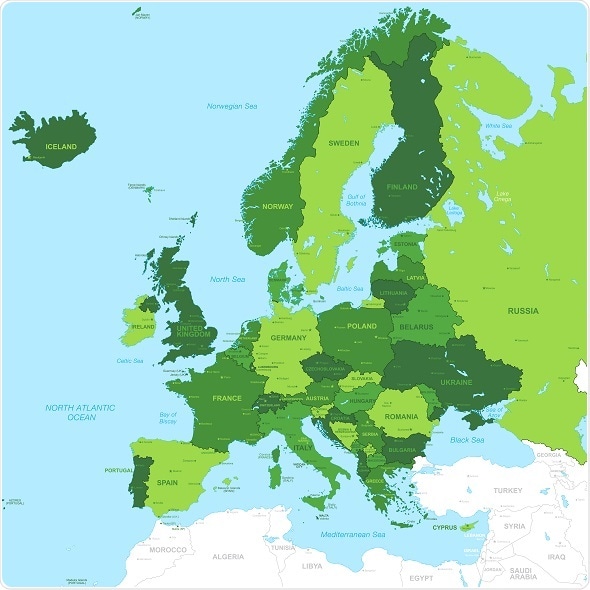For The Latest Medical News, Health News, Research News, COVID-19 News, Pharma News, Glaucoma News, Diabetes News, Herb News, Phytochemical News, Thailand Cannabis News, Cancer News, Doctor News, Thailand Hospital News, Oral Cancer News, Thailand Doctors
Traveling is fun, but being exposed to communicable diseases is not so good. In addition to your personal risk of falling sick and missing out on enjoyable travel, you may bring back the infection to unvaccinated people in your own country and your own family.

Ways to ensure safe travel include:
Vaccines that are expected to be taken by all travelers include:
The MMR vaccine
The MMR vaccine protects travelers against catching mumps, measles and rubella infections. If all travelers were vaccinated appropriately, this would prevent a huge proportion of infections from being brought back into the host country to affect other unvaccinated people.
Proper precautions include:
Other childhood vaccines
These are expected to have been routinely taken in childhood, and include:
Tourists and travelers in Europe and Russia are also advised to have:
Hepatitis A
To protect against jaundice transmitted through contaminated food or water, and taken as 2 doses 6 months apart.
Typhoid vaccine
This is to protect against the transmission of typhoid germs through food or water, either as oral vaccine or in the injectable form. Its efficacy ranges from only 50-80%, and so you should take care not to expose yourself to unhealthy or contaminated food.
The following vaccines are highly recommended for some groups:
Hepatitis B
It is recommended in the following cases:
Three doses are required, at 0, 1, and 6 months from the date of the first vaccination. An accelerated schedule is also possible in some cases. It is more than 90% effective. Most children in developed countries receive this vaccine in infancy.
Rabies
Is not a major threat here, and the vaccine is recommended only if your work or sport may bring you in contact with animals and also for:
Three doses are required for pre-exposure prophylaxis, at 0, 7, and 21 (or 28) days from the first dose.
Japanese encephalitis
This vaccine is required for your safety in many remote regions of Russia, especially for travelers who will be exposed for long periods, either at one stretch or over many days. It is better to discuss one’s itinerary with the healthcare providers so as to make an informed decision as to the need for this vaccine.
Tick-borne encephalitis
This is found in some areas of Europe and Russia that are heavily forested. The course requires three injections, the second following one to three months after the first and the third being given from five to 12 months after the second.
Two doses confer immunity for approximately a year, while three doses protect the individual for up to three years. Shortened courses consist of two doses two weeks apart.
Tuberculosis
This infection is still rife in some areas in Russia. Travelers under 16 years of age should receive the BCG vaccine if: